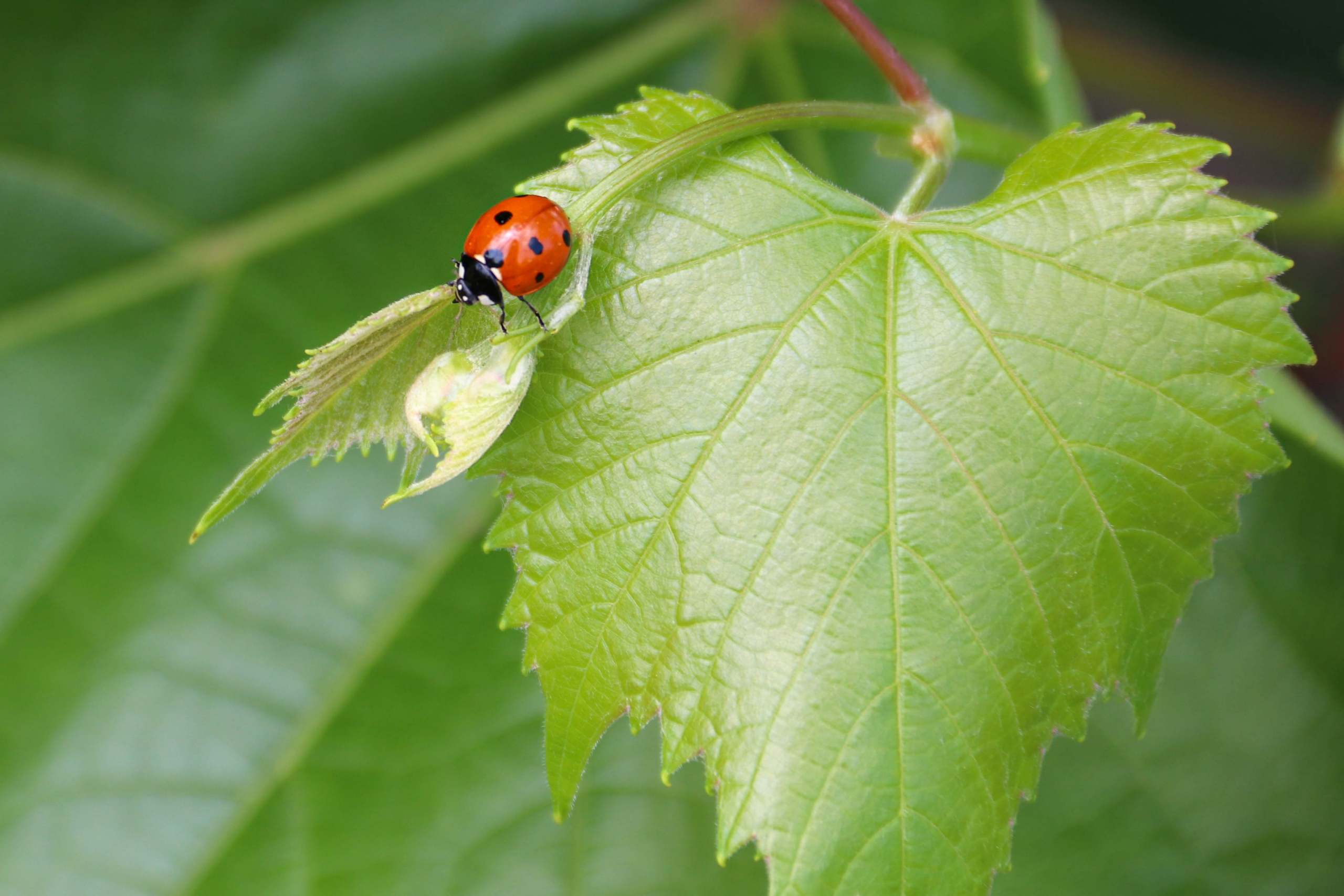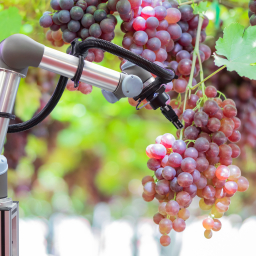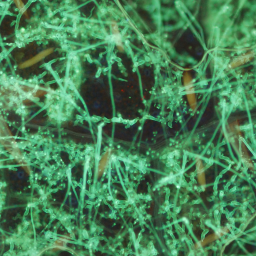NEW
Functional biodiversity as a tool for addressing the challenges of the agri-food system
26 August 2025
- We lead the European POLITA initiative, which seeks to promote ecological infrastructure in vineyards and apple orchards to reduce the use of chemical inputs and improve plant health.
In recent decades, intensive land use, widespread application of plant protection products and fertilisers, and simplification of the agricultural landscape have contributed to a significant decline in biodiversity, while increasing the vulnerability of crops to pests, diseases and extreme weather events. This situation, combined with the effects of climate change and growing regulatory and social pressure to reduce the use of chemical inputs, poses significant challenges for the sustainability of the agri-food system.
In order to address this issue, NEIKER is leading the European POLITA initiative, which seeks to promote functional biodiversity in vineyards and apple orchards by encouraging beneficial arthropods, such as pollinators and natural predators of pests. The project, funded by the Interreg Sudoe programme, seeks to optimise the plant health of these crops while reducing dependence on phytosanitary treatments for pest and disease control.
To achieve this, POLITA envisages the implementation of various ecological infrastructures, such as flower strips, hedges and plant cover, as well as the evaluation of more sustainable agricultural practices. These actions are aimed at restoring functional landscapes capable of hosting diverse biological communities that provide essential ecosystem services, including pollination and biological control.
‘In the case of apple trees, more effective pollination can have a direct impact on yield, while in vineyards, the presence of auxiliary fauna can reduce the need for chemical interventions against pests, promoting more sustainable production,’ explains Isabel Albizu, a researcher in the Department of Plant Production and Protection at NEIKER.
Microbiota and final product quality
In addition to its agroecological dimension, the project incorporates an innovative line of research that focuses on the traceability of microbiota throughout the plant-insect-fruit system. The aim is to identify the microorganisms that are transferred from vegetation and insects to fruit, and to analyse how they influence processes such as fermentation and the organoleptic characteristics of wine and cider.
In the words of the researcher, ‘this approach will allow us to gain a more accurate understanding of the impact of agricultural practices on the microbiota of interest in the production of these products, as well as to explore possible links between biodiversity, agronomic management and the quality of the final product.’
Challenges for implementation in the field
The practical application of the measures proposed in POLITA requires an assessment of their feasibility in the field and their compatibility with the profitability of agricultural holdings. One of the main challenges will be to demonstrate that ecological infrastructure and other practices aimed at improving biodiversity can be integrated into current systems without compromising their productivity.
At the same time, the project addresses an emerging line of research focused on the study of microorganisms that are transferred between plants, insects, and fruits. This task involves significant technical difficulty, as it requires advanced analytical tools to accurately identify the microorganisms present in the ecosystem and how they can influence the quality of the final product.
On the other hand, the adoption of these strategies by the agricultural sector will also depend on whether they can be easily applied and adapted to each environment. To this end, POLITA envisages actions aimed at facilitating practical implementation, including technical materials and specific tools, as well as the validation of measures under real cultivation conditions.
Transnational dissemination and collaboration
To ensure that the knowledge generated reaches the sector, the project includes an active dissemination and collaboration strategy. This includes the organisation of technical conferences, visits to demonstration plots, the production of informative materials in several languages, and participation in trade fairs and meetings in the agri-food sector. In addition, meetings with public administrations are planned with the aim of facilitating the incorporation of the results into agri-environmental policies and the promotion of biodiversity.
Through this approach, POLITA aligns with key European strategies, such as the EU Biodiversity Strategy 2030, the European Green Deal, and the recent Nature Restoration Law, which came into effect in August 2024. This law sets binding targets to reverse the decline of pollinators, restore agricultural habitats, and reduce the use of plant protection products.
The project also involves entities from Spain, France, and Portugal, allowing actions to be applied and compared under different agroclimatic conditions within the SUDOE area. This transnational dimension adds value by promoting the exchange of experiences and approaches in areas such as functional biodiversity, agricultural microbiology, and sustainable crop management.






